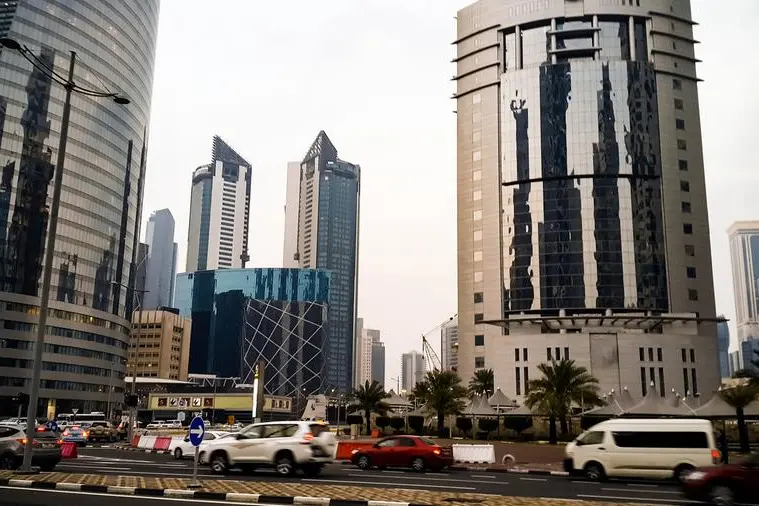PHOTO
Doha, Qatar: The land transport sector has become a key enabler of the Qatari economy as the country has continued its efforts to develop a state-of-the-art transport network in line with the goals of the Qatar National Vision 2030.
The Ministry of Transport (MoT) conducted 2,971 transactions through its Land Transport Sector in the second quarter (Q2) of this year, the ministry said in a post on its X platform, recently.
This shows a surge of 78.76% on a year-on-year (y-o-y) basis when compared to the second quarter of the last year as MoT conducted 1,662 transactions through its Land Transport Sector in Q2 of last year.
Out of the total 2,971 transactions; 1571 dealt with land transport licensing, 766 were related to road affairs, and 634 transactions to land transport planning. The main services of the land transport sector include road defects detection, safety on roads, directional signs, building permit requests, traffic impact studies, and approval of land transport network planning cases.
The services also include issuing preliminary approvals for limousine business activities, land transport activities, and car rental business activities.
The land transport planning of the land transport sector sets the general planning policy for land and railway transport activities. It prepares the necessary studies and design plans, as well as planning the construction and development of land and railway transport networks in coordination with the relevant authorities in the State of Qatar. It also identifies the licensing requirements and fees for land and railway transport activities.
In February of this year, MOT finalised the Qatar Freight Master Plan (QFMP) that aims to upgrade the infrastructure to advance ground freight within an integrated transportation system that promotes this sector to the best international standards and practices.
The system also aims to enhance the security and safety of the ground freight sector and increase its efficiency, cope with the state-of-the-art standards of sustainability and innovation to support the competitive capability of the State of Qatar to draw supply chain movement and trade lanes, in addition to reinforcing the increasing economic production cycle and meeting the national requirements of achieving the sustainable development and carrying out the Qatar National Vision 2030.
© Dar Al Sharq Press, Printing and Distribution. All Rights Reserved. Provided by SyndiGate Media Inc. (Syndigate.info).





















